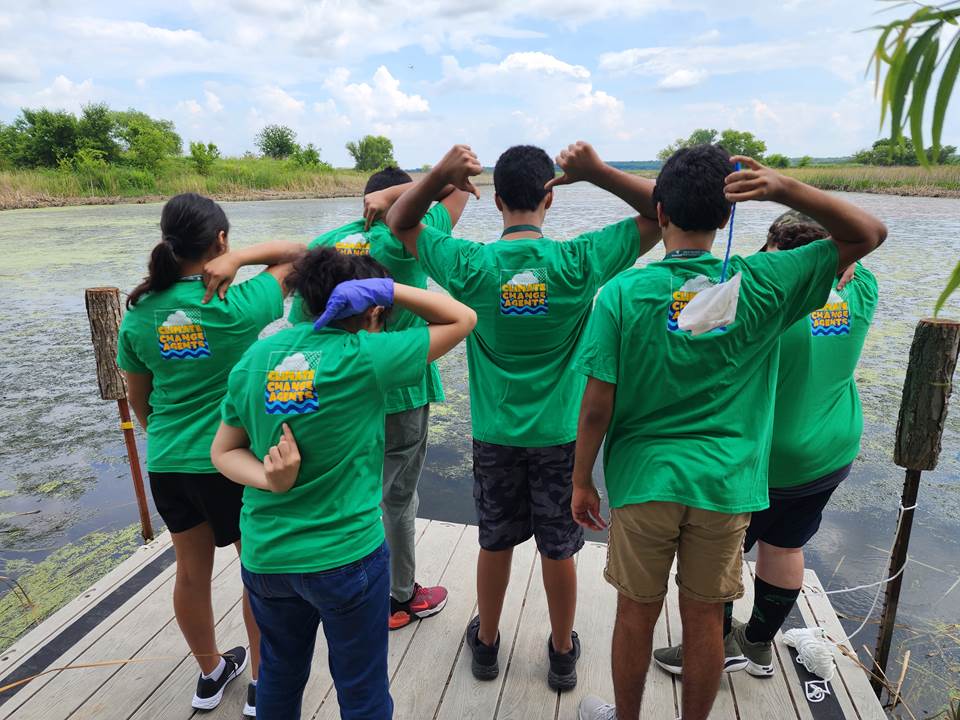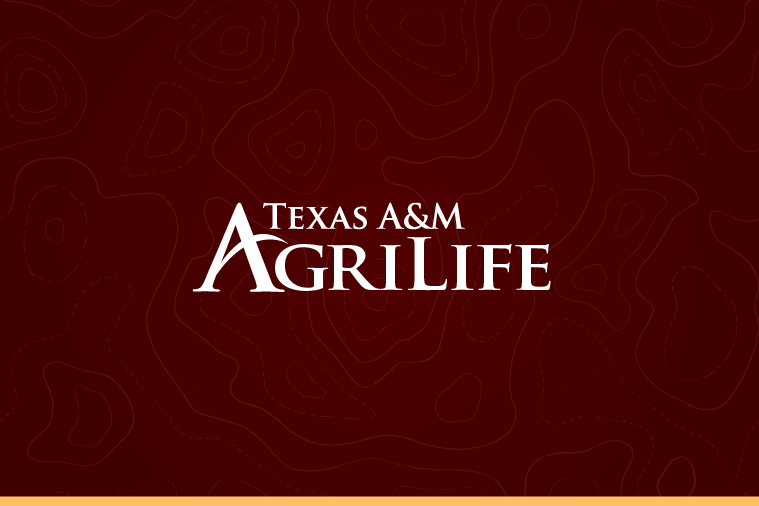Environmental education impacts and measurement workshop set for Oct. 22 in Dallas
Outreach and education professionals can learn new evaluation skills
Texas A&M AgriLife and the Texas Water Resources Institute, TWRI, are hosting an Environmental Education Measuring Impacts Workshop on Oct. 22 in Dallas.

The workshop, open to outreach and education professionals from all fields, will cover how to use mapping tools, surveys and storytelling to evaluate the impacts of science education programs and boost program growth.
The workshop will run from 8:30 a.m. to 4 p.m. at the Texas A&M AgriLife Research and Extension Center at Dallas,173360 Coit Road. Online registration is available at tx.ag/EEMIW and the registration deadline is Oct. 20. The cost is $30, including lunch.
About the workshop
“How do you know if your environmental education programs are having an impact?” said Kelly Albus, Ph.D., Texas A&M AgriLife Research and TWRI research scientist, Dallas. “There are many exciting new tools that can help us measure those impacts and tell our stories. Telling the success stories, or lessons learned, from your science education programs is so important for growth, getting people involved and getting more funding.
“This training will help strengthen evaluation skills to help with program planning, community engagement, and telling your story to partners, sponsors and your communities.”
Attendees will learn about successfully implemented survey and map projects that resulted in growth and achieved objectives for the communities served. Representatives from Texas Parks and Wildlife, the Trust for Public Lands, EcoRise and more will share case studies and success stories. Participants are asked to bring a laptop or tablet to the workshop.
“There are so many incredible projects that are successfully reaching communities all over the state and country, resulting in real, positive impacts on environmental stewardship,” Albus said. “Measuring these education impacts can be very challenging. This workshop will help walk educators through some of the tools that have worked for us.”
For more information, contact Albus at [email protected].





